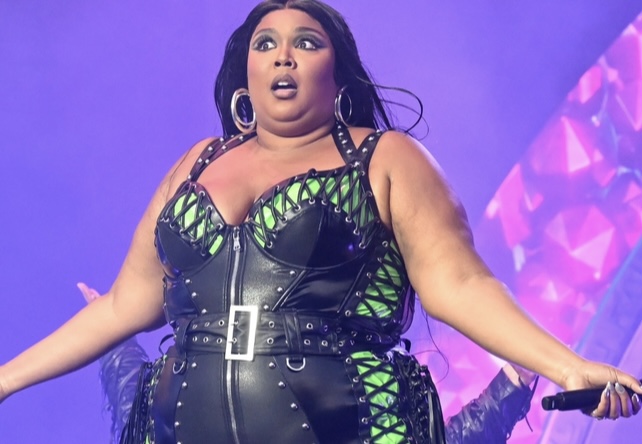
Lizzo, the Grammy-winning artist known for her empowering anthems and body-positive message, has recently faced allegations of mistreatment towards her dancers. The accusations have sparked a conversation about the treatment of backup dancers in the entertainment industry and the importance of fostering a respectful and inclusive work environment.
Several former dancers who have worked with Lizzo have come forward, sharing their experiences of mistreatment and unfair working conditions. They claim that they were subjected to body-shaming, inadequate pay, and a lack of proper communication and support from the artist and her team. These allegations have raised concerns about the treatment of dancers and the need for better standards within the industry.
Dancers play a crucial role in enhancing an artist's performance, often working tirelessly behind the scenes to bring their vision to life. However, they are frequently overlooked and undervalued, facing long hours,
low pay, and a lack of job security. It is essential to recognize and respect the rights of dancers, ensuring fair treatment, proper compensation, and a safe working environment.
Artists and their teams have a responsibility to create a positive and inclusive work environment for everyone involved. This includes fostering open communication, providing fair compensation, and promoting body positivity and acceptance. By prioritizing the well-being of dancers, artists can set an example for the industry and contribute to a more equitable and respectful culture.
The allegations against Lizzo shed light on a broader issue within the entertainment industry. Mistreatment of dancers is not limited to one artist or one incident; it is a systemic problem that needs to be addressed. Industry leaders, artists, and production companies must come together to establish better standards, enforce fair treatment, and ensure the well-being of all performers.